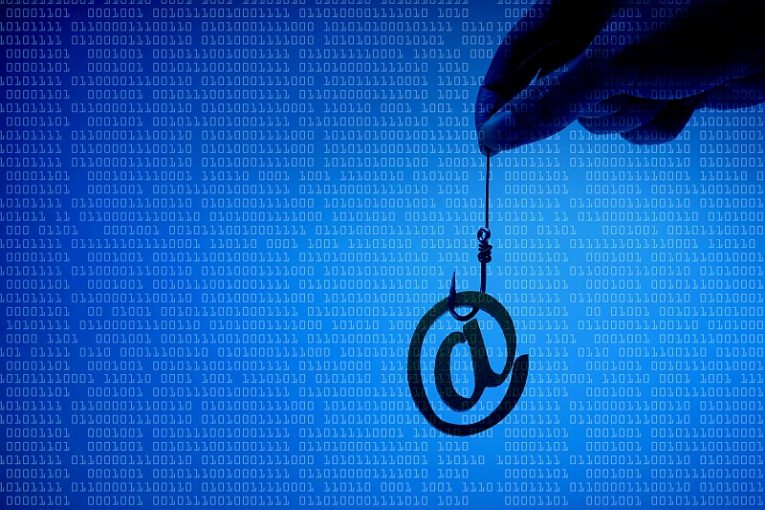'e-Mail Support Center' Email Scam Wants To Trick You

What is the 'e-Mail Support Center' Email Scam?
The 'e-Mail Support Center' email scam is a deceptive phishing scheme that targets email users by falsely claiming their email account password is about to expire. This fraudulent email, often titled "MailBox Support Center! for [recipient's_email_address]", attempts to trick recipients into divulging their login credentials. Upon clicking the "Keep Same Password" button in the email, users are redirected to a phishing website designed to look like a legitimate email sign-in page. Any information entered on this site is captured by cybercriminals, allowing them to steal the exposed email accounts.
What Do These Spams Want?
Phishing scams like the 'e-Mail Support Center' aim to harvest sensitive information from unsuspecting victims. Email accounts are particularly valuable targets because they often contain personal data and serve as gateways to other accounts and platforms. Once scammers gain access to an email account, they can misuse the information in several ways:
- Identity Theft: Cybercriminals can impersonate the account owner to solicit money, spread malware, or endorse additional scams.
- Financial Fraud: Compromised accounts related to online banking, e-commerce, or digital wallets can be used to make unauthorized transactions.
- Blackmail: Sensitive or confidential information found in stolen accounts can be leveraged for extortion.
- Spreading Malware: Scammers can use the compromised email to distribute malicious links or files to the victim’s contacts.
Victims of these scams often face severe privacy issues, financial losses, and identity theft.
How to Avoid Phishing Scams
Preventing phishing scams requires vigilance and caution. Here are some essential tips to avoid falling victim to such scams:
- Verify the Source: Be skeptical of emails requesting sensitive information or requiring immediate action. Check the sender's email address carefully for inconsistencies or slight variations from legitimate addresses.
- Avoid Clicking Links in Emails: Instead of clicking links or buttons within an email, visit the website directly by typing the URL into your browser.
- Check for Red Flags: Look for signs of phishing, such as generic greetings, spelling and grammar errors, and urgent or threatening language.
- Enable Two-Factor Authentication (2FA): To add an extra layer of security, use 2FA on your email accounts and other important services.
- Use Antivirus Software: Employ reputable antivirus and anti-malware programs to detect and block malicious activities.
- Educate Yourself and Others: Stay informed about the latest phishing techniques and educate your friends and family about recognizing and avoiding scams.
How Spam Campaigns Infect Computers
Spam campaigns often carry malicious payloads designed to infect computers. These emails may include attachments or links that lead to malware downloads. Common types of malicious files found in spam emails include:
- Archives: RAR, ZIP files that contain hidden executable files.
- Executables: .exe, .run files that directly install malware.
- Documents: PDFs and Microsoft Office files that prompt users to enable macros, initiating the malware installation.
- Scripts: JavaScript files that run malicious code when opened.
Opening these files can initiate the infection process. For example, Microsoft Office documents may require users to enable macro commands, while OneNote documents might prompt clicks on embedded links or files.
How to Avoid Malware Installation
To protect against malware infections, follow these precautionary steps:
- Exercise Caution with Emails: Don't open attachments or click links in emails from unknown or suspicious sources. Verify the legitimacy of the email before taking any action.
- Keep Software Updated: Make sure your operating system, browsers, and security software are up to date to protect against known vulnerabilities.
- Use Strong, Unique Passwords: Utilize different passwords for various accounts and consider using a password manager to keep track of them.
- Backup Important Data: Regularly back up your data to an external drive or cloud service to safeguard against data loss due to malware infections.
- Be Cautious Online: Exercise vigilance while browsing, as fraudulent websites often appear legitimate. Don't download files or software from untrusted sources.
You can protect yourself from phishing scams like the 'e-Mail Support Center' and other malicious campaigns by staying informed and cautious. Remember, the key to online safety is constant vigilance and a healthy dose of skepticism.







